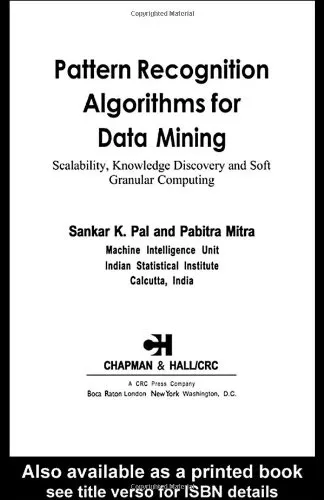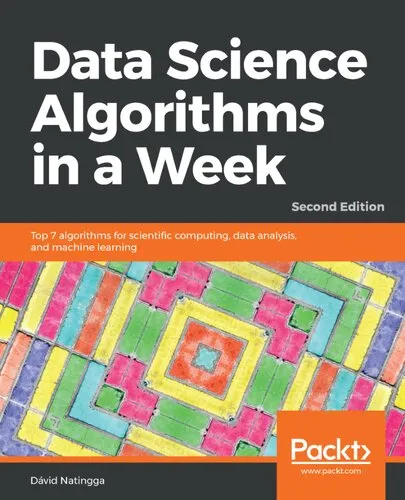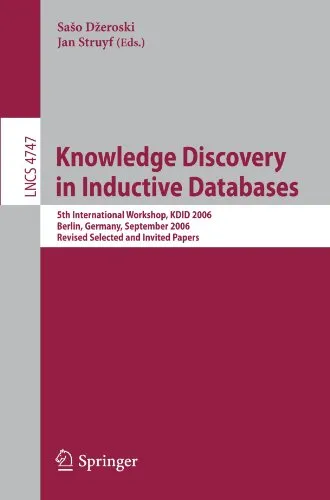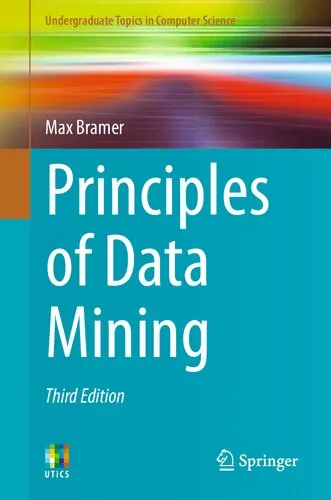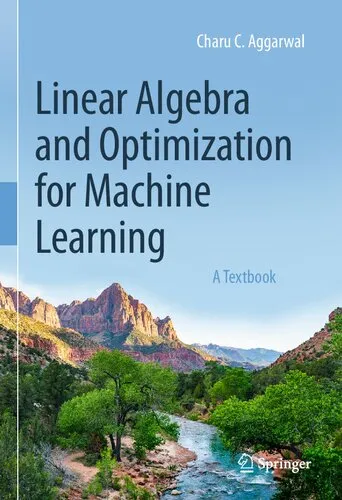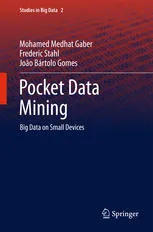Principles of Data Mining and Knowledge Discovery: 6th European Conference, PKDD 2002, Helsinki, Finland, August 19–23, 2002, Proceedings (Lecture Notes in Computer Science, 2431)
4.0
Reviews from our users

You Can Ask your questions from this book's AI after Login
Each download or ask from book AI costs 2 points. To earn more free points, please visit the Points Guide Page and complete some valuable actions.Related Refrences:
Introduction
Welcome to the proceedings of the 6th European Conference on Principles of Data Mining and Knowledge Discovery, PKDD 2002, held in Helsinki, Finland, from August 19–23, 2002. This book, part of the Lecture Notes in Computer Science series (volume 2431), is a treasure trove of cutting-edge research and practical insights, showcasing the rapid advancements in the fields of data mining and knowledge discovery. Edited by renowned experts Tapio Elomaa, Heikki Mannila, and Hannu Toivonen, the proceedings capture pivotal moments from the conference that gathered world-class researchers, practitioners, and thought leaders.
The chapters of this book explore the development of algorithms, applications, and tools for discovering patterns in data and for making predictions based on these patterns. By bridging theoretical underpinnings and real-world applications, PKDD 2002 presented a multidisciplinary exchange of ideas that continues to resonate with modern scientific endeavors. Whether you are a student, researcher, or industry professional, this book provides a comprehensive understanding of the principles, methodologies, and applications shaping the field of data mining and knowledge discovery.
Detailed Summary of the Book
This book comprises peer-reviewed papers presented at PKDD 2002. These papers delve into diverse paradigms of data mining, covering topics such as classification, clustering, association rule mining, decision trees, and Bayesian networks. With a wealth of novel methodologies and case studies, the proceedings navigate through complex domains including business intelligence, bioinformatics, healthcare, web personalization, and financial modeling.
The first section of the book emphasizes foundational research on algorithmic innovations, presenting contributions that either enhance existing techniques or propose groundbreaking algorithmic designs. The second section of the book pivots to applied data mining, showcasing real-world implementations and their implications. These papers emphasize the applicability of data mining across heterogeneous data sources, and highlight the role of pre-processing techniques, scalability, and interpretability in creating effective models.
Moreover, several contributions discuss the ethical and privacy concerns arising in knowledge discovery, urging the research community to prioritize socially responsible data mining practices. The combination of theoretical perspectives, industry applications, and societal considerations makes this collection extremely relevant and forward-thinking, even today.
Key Takeaways
Here are some of the critical insights shared in this book:
- The evolution of data mining algorithms, including their complexity and applications.
- Emerging trends in clustering methodologies and their applications in high-dimensional data.
- Techniques to handle noisy and incomplete datasets effectively.
- The role of visualization and interpretability in enhancing model adoption and trust.
- Discussions around the ethical use of data mining and its potential misuse.
- Insights into integrating machine learning approaches with traditional statistical methods.
Famous Quotes from the Book
The PKDD 2002 proceedings are replete with thought-provoking ideas and perspectives. Here are some memorable excerpts:
"Data mining is not just about algorithms; it is about understanding the intricacies of data, the domain it represents, and the decisions it seeks to support."
"In knowledge discovery, the quest for pattern recognition is as much an art as it is a science."
"Responsible data mining is not an option—it is the cornerstone of innovation in the 21st century."
Why This Book Matters
This book holds a unique place in the history of data mining and knowledge discovery. It encapsulates pivotal contributions that laid the groundwork for modern advancements in fields like artificial intelligence, big data analytics, and machine learning. By documenting a significant phase of rapid innovation and discovery, it serves as a historical snapshot of the field in 2002.
Its enduring relevance lies in its focus on the principles that guide data mining: efficiency, scalability, and interpretability. The book also introduces concepts that were ahead of their time, such as privacy-preserving data mining and ethical considerations, both of which are at the forefront of today’s data-intensive challenges.
Finally, it is a must-read for anyone in academia or industry seeking to understand how fundamental principles in data mining have evolved and continue to underpin technologies we use every day. With contributions from leading experts, it provides authoritative, deeply insightful perspectives that inspire both innovation and accountability in data-driven solutions.
Free Direct Download
You Can Download this book after Login
Accessing books through legal platforms and public libraries not only supports the rights of authors and publishers but also contributes to the sustainability of reading culture. Before downloading, please take a moment to consider these options.
Find this book on other platforms:
WorldCat helps you find books in libraries worldwide.
See ratings, reviews, and discussions on Goodreads.
Find and buy rare or used books on AbeBooks.
1261
بازدید4.0
امتیاز0
نظر98%
رضایتReviews:
4.0
Based on 0 users review
Questions & Answers
Ask questions about this book or help others by answering
No questions yet. Be the first to ask!

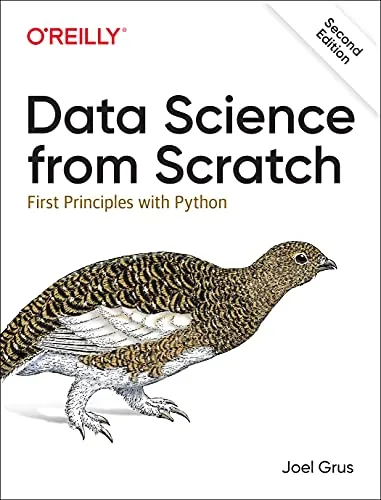


![Mining of Massive Datasets [Team-IRA]](https://s3.refhub.ir/images/thumb/Mining_of_Massive_Datasets__Team-IRA_19920.webp)
